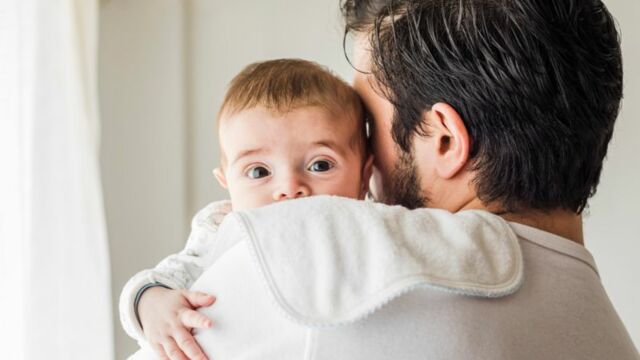Baby has arrived, it's the beginning of the great adventure. Sadness or fatigue, irritability, stress, loss of appetite, trouble sleeping, withdrawal... For the daddy too, not everything happens exactly as he had imagined: it's the ‘daddy blues,’ the father’s depression after the birth of the child.
Discover our latest podcast
About one in ten men are affected
In these ‘daddy blues,’ men often have the awareness and the desire to experience a unique moment of happiness, without being able to fully enjoy it.
A study conducted in 2012 on 122 couples, between the second and fifth day postpartum, and two months after giving birth, indicated these results: 21% of fathers - one in five - had intense symptoms of depression in the ‘immediate postpartum,’ and 8% of them suffered from probable postpartum depression two months after giving birth.
Today, the various figures put forward revolve around 10% of fathers suffering from postpartum depression. Most notably in this research conducted in Switzerland by midwives in Geneva in 2018, which suggests that the figure is between 10 and 11%.
How to get out of it?
To get out of this depression, the watchword would be communication: it is important not to break the dialogue and not to forget each other. Talk about the changes in the relationship since the arrival of the baby, with a maximum of benevolence and listening. Mourning in silence is rarely beneficial.
It is important to find your place as a father and to gain confidence, without rushing or putting pressure on yourself. One of the greatest fears is the fear of not creating a bond between the child and the father. Cuddles, steady gazes, caresses... These little things will help. And if the mother shows that she also needs to rely on the father, he will feel indispensable again.
Finally, if the depression persists, the best thing to do is to consult a specialist, to talk about how you feel and to verbalise your emotions. The problem is new fathers ‘will be much less inclined to go and see a specialist’ than their partners, notes psychiatrist and doctor Lamyae Benzakour on the French RTS website.















